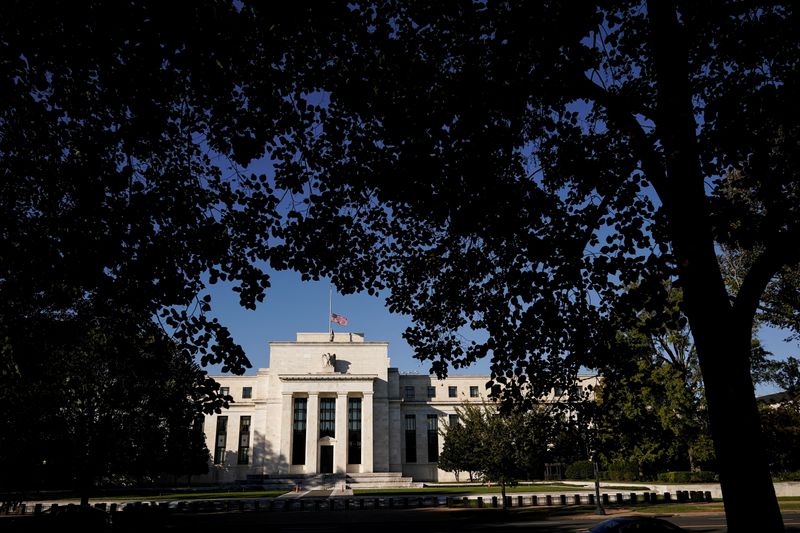The Federal Reserve will recalibrate its approach in response to recent economic data but stop short of an aggressive policy shift, Barclays (LON:BARC) strategists said in a Monday note.
The recent U.S. jobs report showed slower job growth across most sectors, a drop in aggregate hours, and a higher unemployment rate. Despite these signals, the investment bank believes the fundamentals of the U.S. economy remain solid. Key metrics such as domestic final sales, retail sales, and personal income continue to show strength, supporting the view that the economy is not on the brink of recession.
“If the Fed had known about this report a week ago, they might have eased in July,” the report notes, but adds that the bond market’s response has already partially fulfilled the Fed’s job, with 10-year yields rallying 40 basis points last week. Both Federal Reserve officials Barkin and Goolsbee have advised against overreacting to the jobs data.
The bank also highlights the importance of upcoming data, with two Consumer Price Index (CPI) reports and another payroll report due before the September Federal Open Market Committee (FOMC) meeting. Barclays finds it unlikely that the Fed will make any drastic intra-meeting cuts.
“An intra-meeting cut strikes us as highly irregular; short of an imminent financial crisis, it seems very unlikely,” strategists noted.
Following the surprisingly weak jobs report, the market has priced in a 50-basis point cut for September, with options indicating a 20% chance of a 75-basis point cut and a 25% chance of 150 basis points in cuts by year-end.
However, Barclays holds a different view, expecting the Fed to proceed more cautiously, cutting 25 basis points at each meeting starting in September, totaling 75 basis points by the end of the year.
“We don’t expect Fed officials to push back on pricing this week, even if markets now have 128bp in cuts this year,” strategists said. “Rather, we think the Fed will depend on data to do that job; if the economy holds up as we (and it) expect.”
